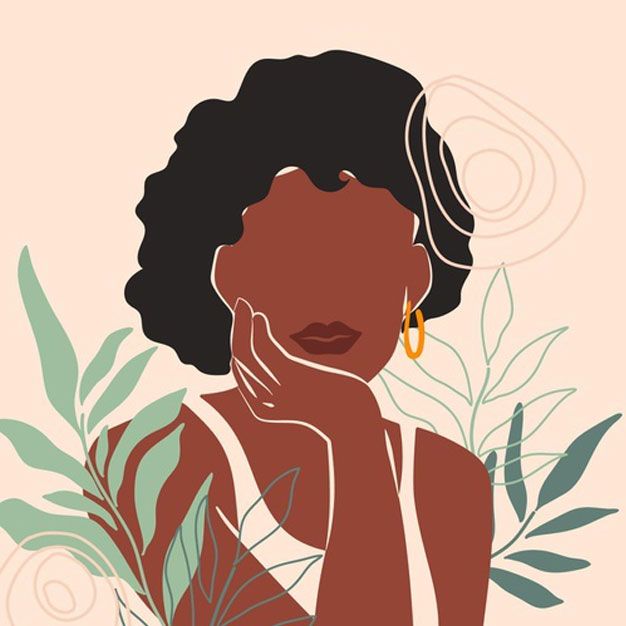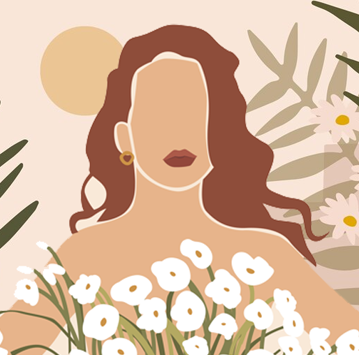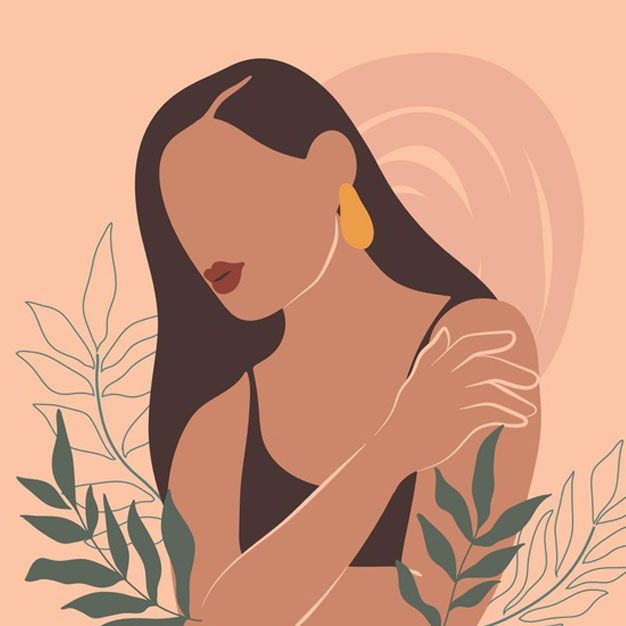If you’re reading this, you probably know how isolating hair-pulling can feel. But guess what? You’re not alone—not even close! Women just like you, including celebrities, are stepping forward to share their experiences with TTM. Let's dive into the history of hair-pulling and how some familiar faces have helped destigmatize it by speaking up.
A Look at the History of Hair Pulling
The term "trichotillomania" was first coined in the early 20th century to describe the compulsive urge to pull out hair. But the behavior has been around much longer. In ancient times, people didn’t understand what caused hair-pulling. Some even thought it had supernatural causes!
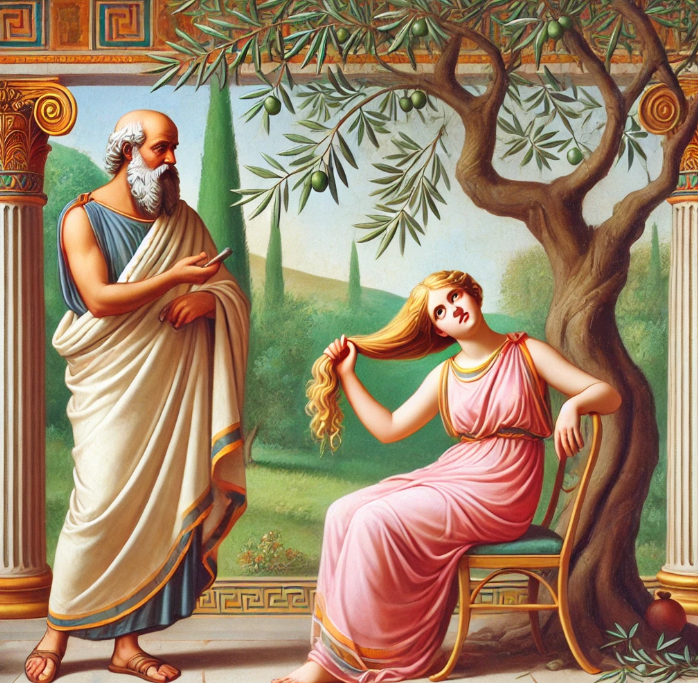
Today, we know better. It’s not about curses or myths; it’s a recognized emotional health condition, just like anxiety or depression.
Unfortunately, for a long time, trichotillomania didn’t get the attention it deserved. Many women were misdiagnosed or even dismissed by healthcare professionals, which only added to the shame and isolation.
But thanks to growing emotional health awareness and the brave voices of people sharing their stories—like yours—we are finally seeing real change. More and more women are finding the courage to seek help, share their experiences, and realize they’re not alone in this.
Unfortunately, for a long time, trichotillomania didn’t get the attention it deserved. Many women were misdiagnosed or even dismissed by healthcare professionals, which only added to the shame and isolation.
But thanks to growing emotional health awareness and the brave voices of people sharing their stories—like yours—we are finally seeing real change. More and more women are finding the courage to seek help, share their experiences, and realize they’re not alone in this.
OCD and Trichotillomania: How Are They Linked?
You might have heard that TTM is related to obsessive-compulsive disorder (OCD), and for some women, that’s true. Like hair-pulling, OCD involves compulsive behaviors—things you feel driven to do even when you try to resist. OCD can feel like a spiral of fear, panic, and doubt, and if you’ve experienced it, you know how overwhelming it can be.
But here’s the thing: While trichotillomania is grouped with OCD in some medical manuals, it doesn’t always act the same way. Some treatments that work for OCD aren’t as effective for TTM, and the emotional drivers can be different. That’s why it’s important to find the right approach for you.
But here’s the thing: While trichotillomania is grouped with OCD in some medical manuals, it doesn’t always act the same way. Some treatments that work for OCD aren’t as effective for TTM, and the emotional drivers can be different. That’s why it’s important to find the right approach for you.
Celebrities and Chronic Hair Pulling: Famous People Have It Too
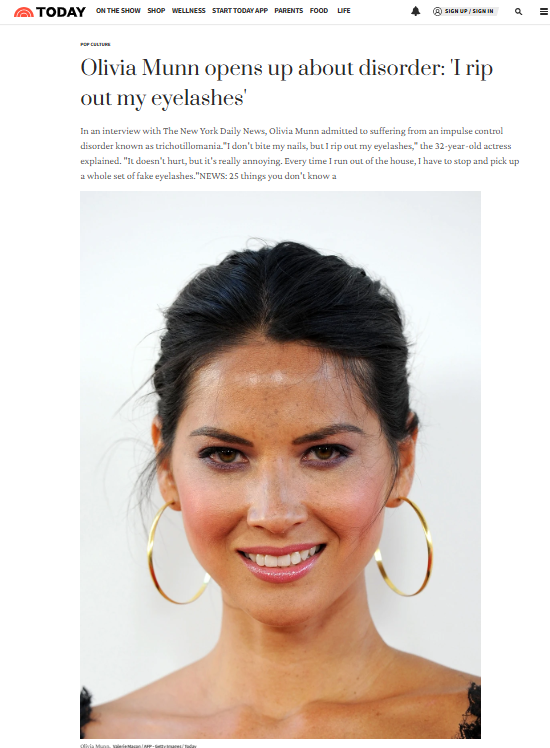
Social Media: Sometimes, It’s a Platform for Healing and Support
You Are Never Alone
About HFHP
Girl, It’s Time to UnTrick Yourself™
References
UNTRICK YOURSELFTM
Learn more self-care tips for hair pullers
Explore our educational healing course for women who have trichotillomania.
Write your awesome label here.


